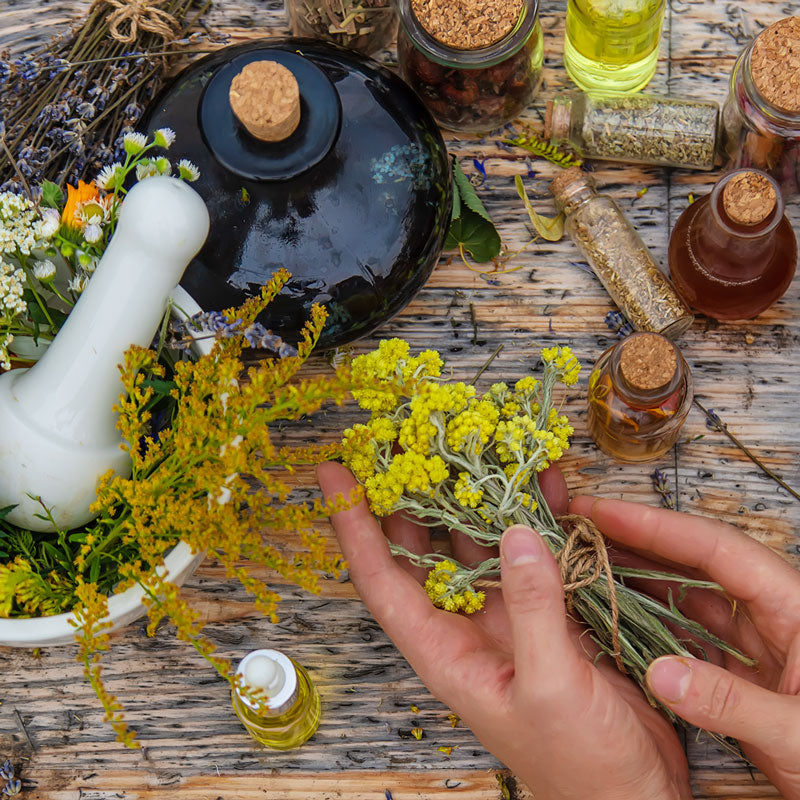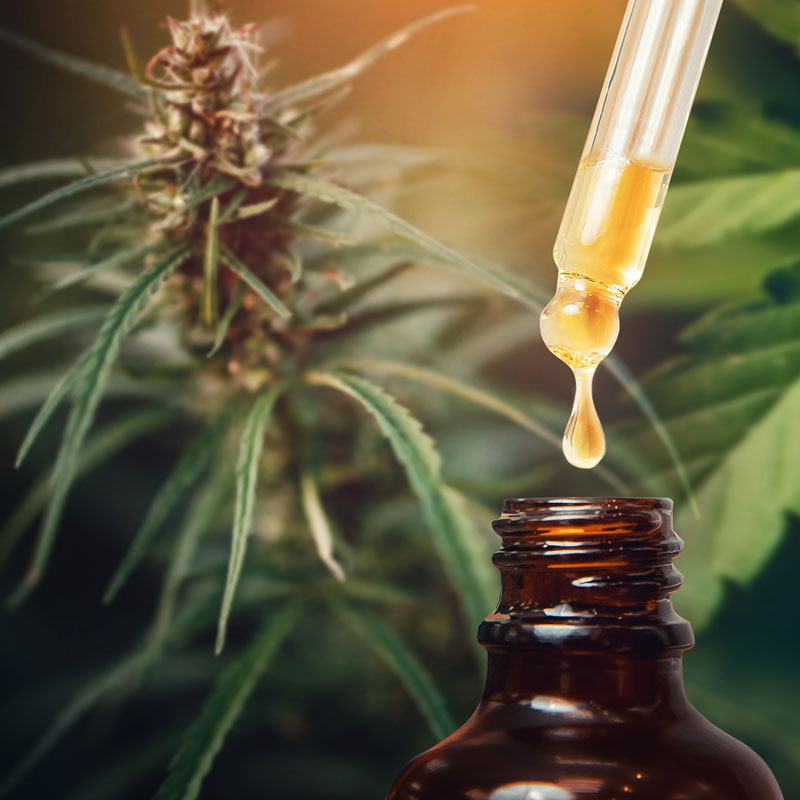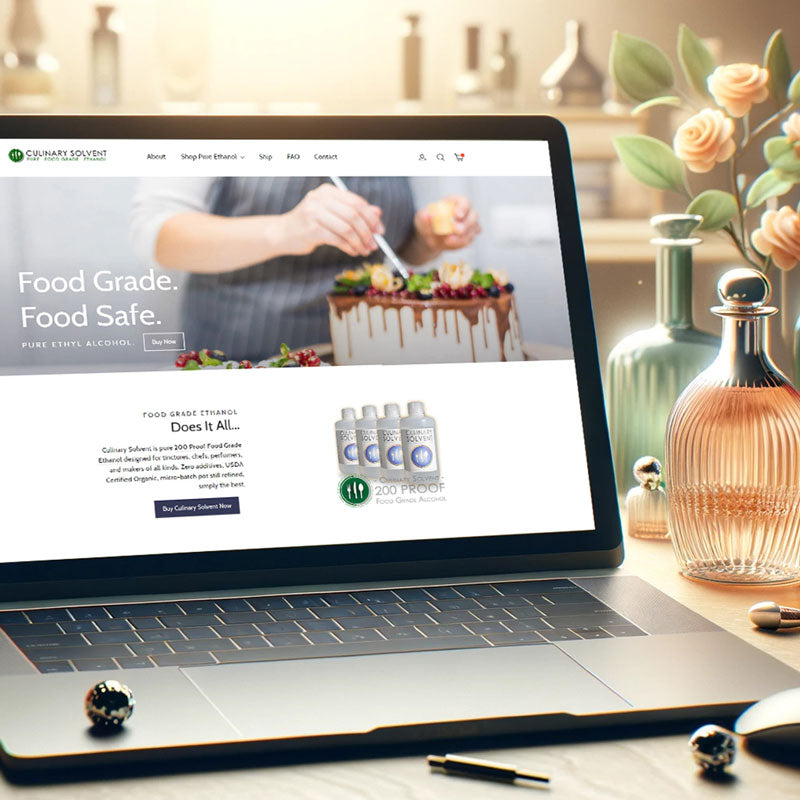Homemade Lemon Balm Tincture and Extract Recipe using Food Grade Ethanol

Lemon balm is an aromatic herb widely used in culinary, botanical, and aromatic applications. Creating a lemon balm tincture allows for efficient extraction and preservation of its natural plant compounds in a convenient liquid form. This guide outlines how to make a high-quality tincture using 200 Proof Food Grade Ethanol for optimal extraction.
What is Lemon Balm?
Lemon balm (Melissa officinalis) is a perennial herb from the Lamiaceae (mint) family, known for its bright green leaves and a refreshing citrus-like aroma. It is often used in teas, botanical blends, and culinary preparations.
Where is Lemon Balm Grown?
Lemon balm is widely cultivated and has naturalized in many regions. It thrives in New York, Pennsylvania, Oregon, Washington, and North Carolina, where it prefers moist, well-drained soil with partial to full sunlight.
Sourcing and Selecting Quality Lemon Balm
For the best tincture results, source organic, fresh, or dried lemon balm leaves from reputable herbal suppliers, farmers’ markets, or cultivated home gardens. Choose vibrant green, aromatic leaves with a strong citrus scent. Avoid plant material that is overly dry, brittle, or discolored, as these signs indicate diminished quality.
Preparing Lemon Balm for Tincture
- Ensure the leaves are clean and free from debris.
- Gently crush or chop the leaves to improve extraction efficiency.
Best Practices for Storing Your Lemon Balm Tincture
Store your tincture in a dark glass bottle, away from heat and direct sunlight, to maintain its quality. When properly stored, the tincture can remain effective for up to two years.
Ways to Use Lemon Balm Tincture
Botanical & Herbal Applications
- Herbal Blends: Can be incorporated into botanical tincture blends.
- Aromatherapy & Natural Crafting: Some herbalists include lemon balm extracts in handcrafted herbal formulas.
Culinary Uses
- Flavor Enhancer: Adds a subtle citrus essence to teas, dressings, and marinades.
- Infusions: A few drops may be added to beverages for an aromatic twist.
Final Thoughts on Crafting a Lemon Balm Tincture
Making a lemon balm tincture at home allows for a unique and versatile botanical preparation. Using 200 Proof Food Grade Ethanol ensures a high-quality extraction, free from unwanted additives. Whether used in culinary infusions, botanical crafting, or herbal studies, lemon balm tincture is a valuable addition to any home apothecary.

Disclaimer: This content is for informational and educational purposes only. Consult a professional before using tinctures for any specific application. Individual reactions may vary.










